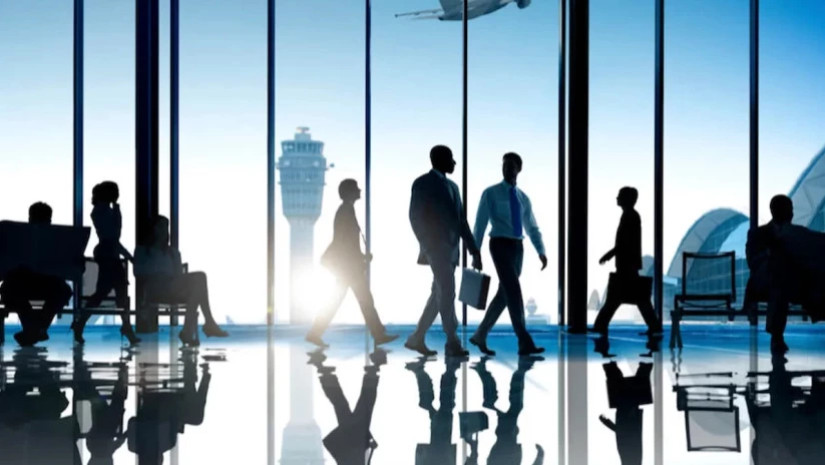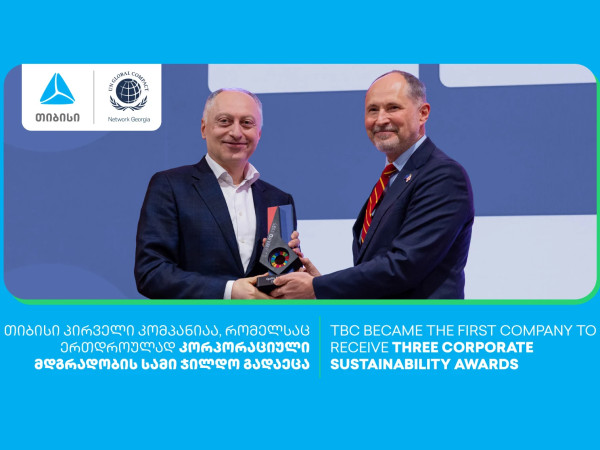Spending on business travel in Europe is projected to reach €389.9 billion in 2026, marking an 8.2 per cent increase from 2025 despite ongoing economic hurdles and political uncertainty.
According to new regional analysis announced by the Global Business Travel Association (GBTA) at its European convention in Hamburg today (10 November), European spending on business travel is forecast to grow to €441.6 billion by 2028, which marks a decline from the previous year’s forecast, which expected European business travel spending to reach €476.6 billion by 2028.
In 2025, Western Europe – which includes Austria, Belgium, Denmark, Finland, France, Germany, Greece, Ireland, Italy, Netherlands, Norway, Portugal, Spain, Sweden, Switzerland and the UK – is estimated to account for 88 per cent of total European business travel spend, according to GBTA’s Business Travel Index Outlook.
Meanwhile, ‘emerging’ Europe – which GBTA categorises as Bulgaria, Czech Republic, Hungary, Poland, Romania, Russia, Slovakia, Turkey and Ukraine – represents 12 per cent of the region’s business travel spend.
Germany, UK, France, Italy, Spain and the Netherlands were ranked as the top six European business travel markets in 2025 based on annual origination spending. Collectively, these markets represent more than €241.5 billion and 17.7 per cent of the total €1.36 trillion in global business travel spend estimated for 2025.
According to the research, the average cost of a business trip in Europe is €850.7, with accommodation cited as the largest expense, followed by food and beverage and then air travel. Business travellers in the UK spend the most per trip at almost €1,305, according to GBTA, while Poland and Sweden have the lowest average spend of approximately €639 to €646 per trip.
The survey also highlighted seminars and training, attending conventions and conferences and internal company meetings as the top reasons for business travel in Europe.
Three in four (77 per cent) European business travellers surveyed said they are travelling the same or more in 2025 than in 2019, with the average business trip lasting 3.1 nights.
European business travellers are also less likely (57 per cent) than travellers from North America (68 per cent) and Asia Pacific (70 per cent) to combine business and personal travel, according to GBTA.
However, European travellers are more likely to use rail on business trips than those in other regions, with 38 per cent having taken a train on their last trip, compared with just 8 per cent in North America and 4 per cent in Latin America.


















